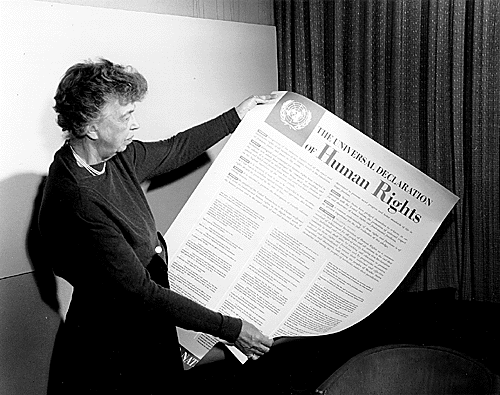This is Part II of our review of the Hunger Games. Part I is available here.
Book 1 of The Hunger Games trilogy ends with Katniss returning home victorious in the games by virtue of her defiance toward the Capital. According to tradition, the winners remain celebrities in their home districts, where every need is provided for the rest of their lives.
But Collins, and by extension the Capital, couldn’t be that nice. Besides, after the success of the first book, a sequel needed to be written. So the next year, instead of picking new competitors as was typical, the Capital called two prior winners from each district back to compete against each other. Yes, this means Katniss is in the games again.

Unfortunately, Collins exhausted her supply of plot in the first book. So in book two (
Catching Fire
), once again we have the journey to the capital, the parading in front of ecstatic fans, and the fight to the death in a booby-trapped arena. This time, however, because the reader is attached to more characters, Collins must find a different way to cheat the ending. A previously unmentioned rebellion and
deus ex machina (literally - a helicopter swoops down and rescues a group of contestants) achieves that goal.
Book three (
Mockingjay
) then follows Katniss’ involvement in the ensuing rebellion. Apparently, and previously unknown to her, she is some sort of a figurehead in the effort to overthrow the Capital. However, her former independent spirit and resourcefulness have largely disappeared and she is reduced to pawn in the rebellion. Intent on not being used by the Capital, she is instead used by the rebellion.

And, true to the formulaic pattern of the books, she again faces a booby trapped arena in the form of the Capital itself, which she must navigate street by street with a few loyal followers intent on killing the Capital's president out of revenge. This time, however, the brutal ending is not cheated. Many people are killed, and others disappear, as the Capital falls. By the end Katniss realizes that the rebellion she is fighting for is just as bloodthirsty as the Capital she helped overthrow. Only in the epilogue is she finally recovering--sort of. She returns to her original district and tries to piece a life back together.
So with that synopsis, let’s turn to the analysis.
First, as was probably evident from my intro, Collins’ second two books suffer from a severe lack of new story. And while a repetition model can sometimes work when it is clearly part of a larger plan (such as concentric plot circles, each level bigger to the previous one), that’s not the case here. Collins’ story is still highly engaging, and the reader is rushed along desperate to find out how it ends. But the reader also gets the sense that the author herself doesn’t know where she’s going, so she is simply circling back to kill time while she tries to find a satisfactory ending. Except that Collins has boxed herself into a corner that she is unable to write out of.
The second striking observation is Collins’ apparent increasing disillusionment with Katniss. While she is a strong character (even possibly a role model) in the first book, the second and third books are more about her fall than about the fall of the Capital. There are plenty of other engaging and sympathetic characters, but Katniss is not counted among them. Instead, most of the endearing qualities she had in the first book are shed as she becomes a drugged machine blindly set on revenge. Although the story is told from her perspective, she is increasingly detached and her judgement is clouded.
Which brings me to my next point. The love triangle. Yes, I neglected to mention it in my first post, but in books 2 and 3 it becomes a more central plot point as Katniss’ childhood friend/hunting buddy Gale and her co-competitor from the first games Peeta vie for her heart. In a way, they each represent a part of her dual personality. Gale matches her militant tomboy side, while Peeta reflects her desire for peace and a home. As Gale and Peeta become more and more defined, her personality traits also diverge, leaving her a psychological wreck. She must choose between the two of them, and how she chooses will affect who she is.

So what do we dowith the Hunger Games? In a way, as I argued in the first part of my review, they serve as a profound reflection upon today’s society and the direction it is heading. Book 1 especially made that point clear. But as she kept writing, Collins lost sight of that goal. Rather than critiquing that culture, she bought into its propaganda--pushing the spectacle further and further with more and more gratuitous and senseless deaths. She may be trying to object to a meaningless system of power, but she has nothing better with which to replace it.
Book one ended with Katniss defying the Capital and returning home. Book three also ends with Katniss at home, but this time she is trying to piece together what is left of her psyche and still playing games in her head.
The Hunger Games may be over. The Capital may have fallen.
But the games won.
________
Related articles:
Review of Hunger Games Book 1
Review of Hunger Games Movie


















